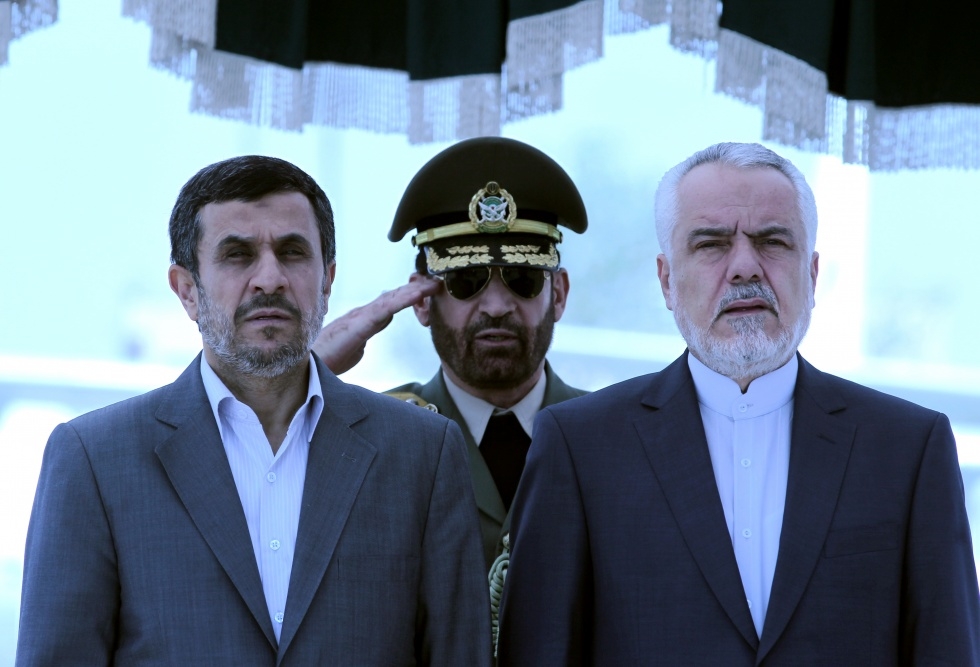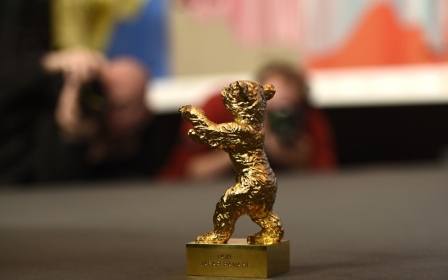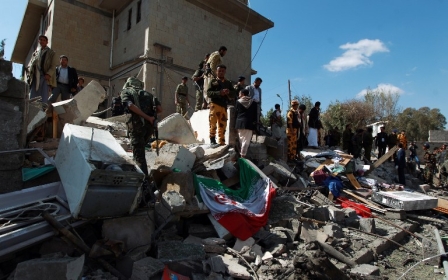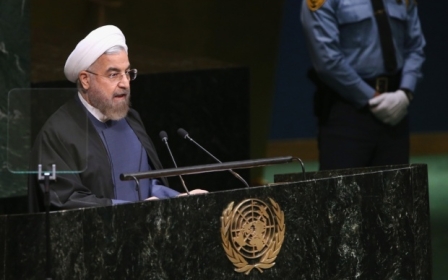Former Iranian vice president imprisoned for corruption

Iran’s former vice president has been imprisoned following a conviction for corruption last month, state news media reported on Monday.
Mohammad Reza Rahimi, a right-hand man to controversial former Iranian President Mahmoud Ahmedinejad, was sentenced to five years in prison by Iran’s supreme court last month and ordered to pay a 10bn rial ($300,000) fine, according to IRNA news agency. He was also ordered to pay the equivalent of $800,000 in compensation.
Rahimi, who once served as the head of an anti-corruption agency, was convicted of “acquiring wealth through illicit methods” and is the highest-ranking Iranian government official to be sent to prison, according to the Fars news agency.
A local court had originally sentenced Rahimi to 15 years but this was reduced by the supreme court to five years and three months. He was taken from his home on Sunday and brought to Evin prison, north of the capital Tehran.
Although Ahmedinejad had boasted of having the “cleanest government in history”, the conviction of Rahimi will help confirm accusations by his opponents that corruption was endemic under his rule.
Iran was ranked 136th out of 175 countries on Transparency International's corruption index for 2014.
Moves to decentralise and privatise Iran’s economy have raised fears over the risk for corruption, with Iran’s Supreme Leader Ali Khamenei warning against government officials using the sell-offs to their own benefit.
Current Iranian President Hassan Rouhani has previously condemned the enrichment of a small section of the Iranian elite as a result of crippling sanctions applied on the country due to fears over its nuclear policy.
“Sanctions were a grave injustice to our nation,” Rouhani said in April.
“Due to this pressure and injustice, both our nation and the world sustained losses. Unfortunately, a small minority benefited from the sanctions.”
“Corruption, or what in the Iranian political discourse is described as ‘political rent,’ is endemic in Iran,” Farideh Farhi, an Iran scholar at the University of Hawaii told Al-Monitor.
“Ahmadinejad's presidency took it to a new level for two reasons: The folks that came to power were hungrier than the previous crowd given their newness to political power, and there was more money to play with because of unprecedented high oil prices prior to the drop in exports caused by the sanctions.”
He pointed out, however, that “corruption has happened during previous presidencies as well.”
Middle East Eye propose une couverture et une analyse indépendantes et incomparables du Moyen-Orient, de l’Afrique du Nord et d’autres régions du monde. Pour en savoir plus sur la reprise de ce contenu et les frais qui s’appliquent, veuillez remplir ce formulaire [en anglais]. Pour en savoir plus sur MEE, cliquez ici [en anglais].




